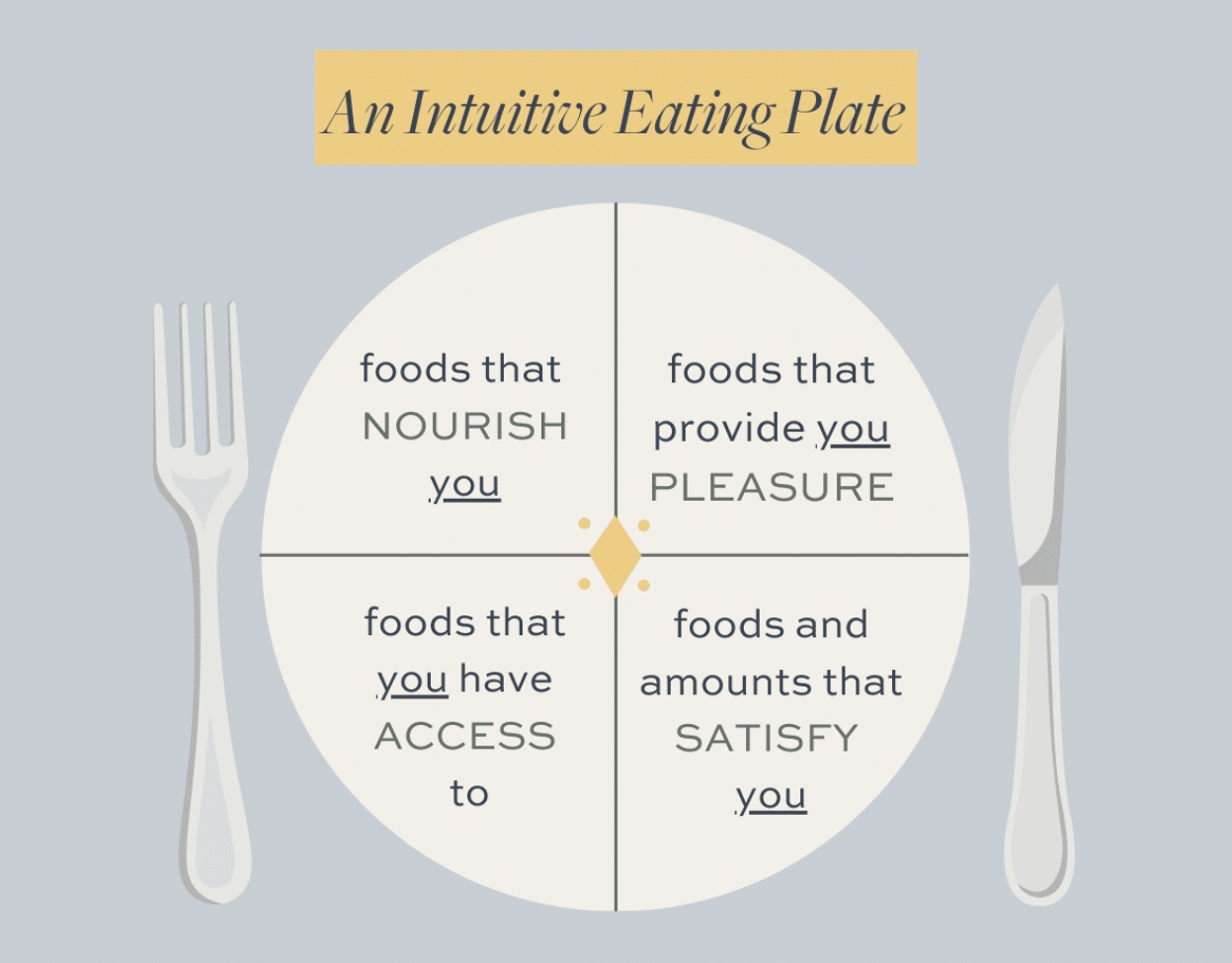Under Consistent, Over Fed
There is a weight problem in this world and yes, over consuming low nutrient dense, processed food is part of the problem. Consistently being inconsistent is a problem as well but what many folks do not know is that one of the main culprits of weight gain is prolonged restriction or undereating. Undereating, particularly over prolonged periods, can paradoxically lead to weight gain due to several physiological and psychological mechanisms:
- Metabolic Slowdown:
- Decreased Basal Metabolic Rate (BMR): When calorie intake is significantly reduced, the body responds by lowering its basal metabolic rate to conserve energy. This means fewer calories are burned at rest.
- Thermogenesis Reduction: The body reduces the amount of energy expended through processes such as digestion and heat production.
- Hormonal Changes:
- Leptin and Ghrelin: Leptin, the hormone responsible for satiety, decreases, while ghrelin, the hunger hormone, increases, leading to increased appetite and potential overeating when food becomes available.
- Insulin Sensitivity: Prolonged undereating can affect insulin sensitivity, potentially leading to insulin resistance, which can promote fat storage.
- Loss of Muscle Mass:
- Catabolism: Insufficient calorie intake can cause the body to break down muscle tissue for energy. Muscle tissue is metabolically active, so a reduction in muscle mass further reduces the metabolic rate.
- Nutrient Deficiencies:
- Micronutrient Deficiencies: Lack of essential nutrients can impair various bodily functions, including metabolism and energy levels, making it harder to maintain a healthy weight.
- Psychological Effects:
- Binge Eating: Chronic undereating can lead to episodes of binge eating when the body’s hunger signals become overwhelming. These binge episodes often involve high-calorie foods.
- Yo-Yo Dieting: The cycle of restrictive eating followed by overeating can lead to weight gain over time as the body stores more fat in response to perceived periods of scarcity.
- Adaptive Thermogenesis:
- Energy Conservation: The body adapts to lower calorie intake by becoming more efficient at using the available energy, which can make future weight loss more difficult and promote weight gain when normal eating patterns resume.
Understanding these issues highlights the importance of maintaining a balanced diet and avoiding extreme caloric restriction for weight loss. They lied to us. Less isn’t best. Knowledge is power in this case. Giving yourself the RIGHT amounts of food and not starving yourself can jumpstart your weight loss and keep you from binging or restricting. Remember, balance is the key. Feel free to reach out if you need advice. Consult a professional, not an influencer before starting any diet.




